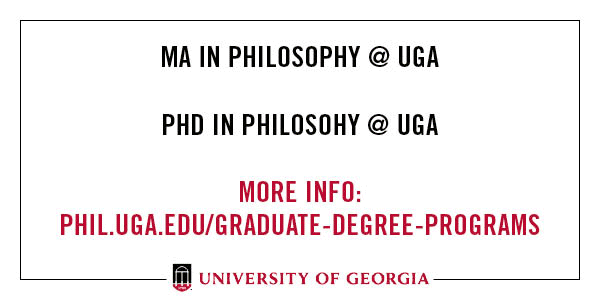Mini-Heap
The latest links in the Heap…

- “I did not need Chinese Philosophy to understand analytic philosophy, and vice versa… There are some deep structural differences between their fundamental conceptual frameworks” — an interview with Hiu Chuk Winnie Sung (Nanyang), who has two PhDs (one in Chinese philosophy, one in analytic philosohy)
- “If a lion could speak, we could not understand him.” What about a whale? — researchers aim to use machine learning, language models, and other technology to figure out what whales are saying
- “Though their relationship was not primarily sexual, they were in love in the sense of having a deep desire to know and be known” — Sukaina Hirji (Penn) and Meena Krishnamurthy (Queen’s) on the idea of “romantic friendship” and the example of it between Iris Murdoch and Philippa Foot
- “A combinatorial system is one in which a relatively small number of simple things are combined to form a relatively large number of more complex things… Could morality be such a system?” — yes, say an interdisciplinary team of researchers who explain “moral molecules” and provide a “periodic table of ethics”
- Break each article into segments of up to five words long, then publish each of those segments as a separate file in a publicly accessible index — how technologist Carl Malamud is freeing the world’s paywalled research for data analysis. His index contains material from over 100 million journal articles. Is it legal?
- What’s good and what’s bad about being a child, and why — Anca Gheaus provides a conceptual map to two views about childhood
- “Epistemology is a normative enterprise, ethics is a normative enterprise” — and the two areas should be “consistently informed by an appreciation of each other’s problems,” says Mark Schroeder (USC)
Mini-Heap posts usually appear when 7 or so new items accumulate in the Heap of Links, a collection of items from around the web that may be of interest to philosophers. Discussion welcome.
The Heap of Links consists partly of suggestions from readers; if you find something online that you think would be of interest to the philosophical community, please send it in for consideration for the Heap. Thanks!
Subscribe
Login
0 Comments


